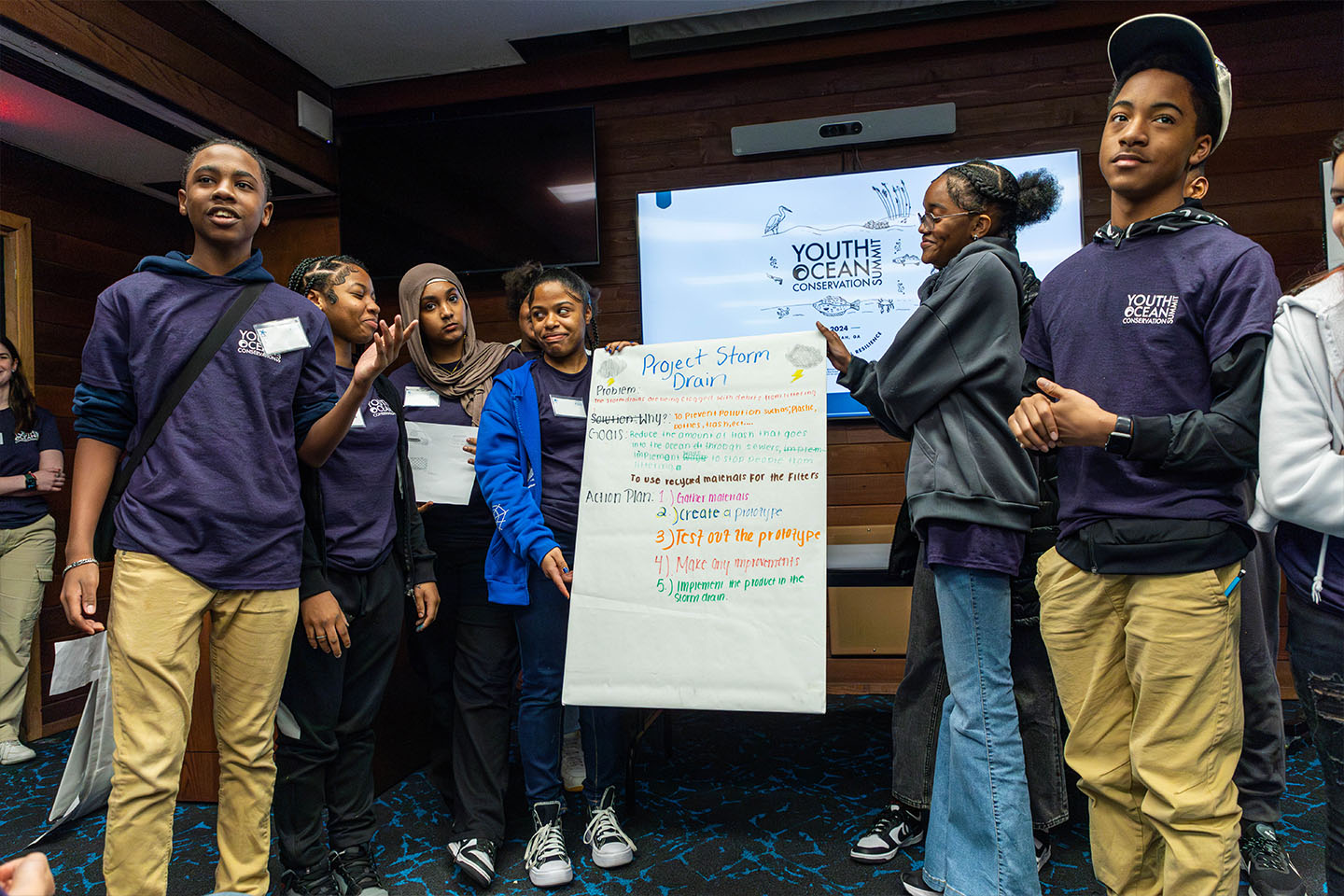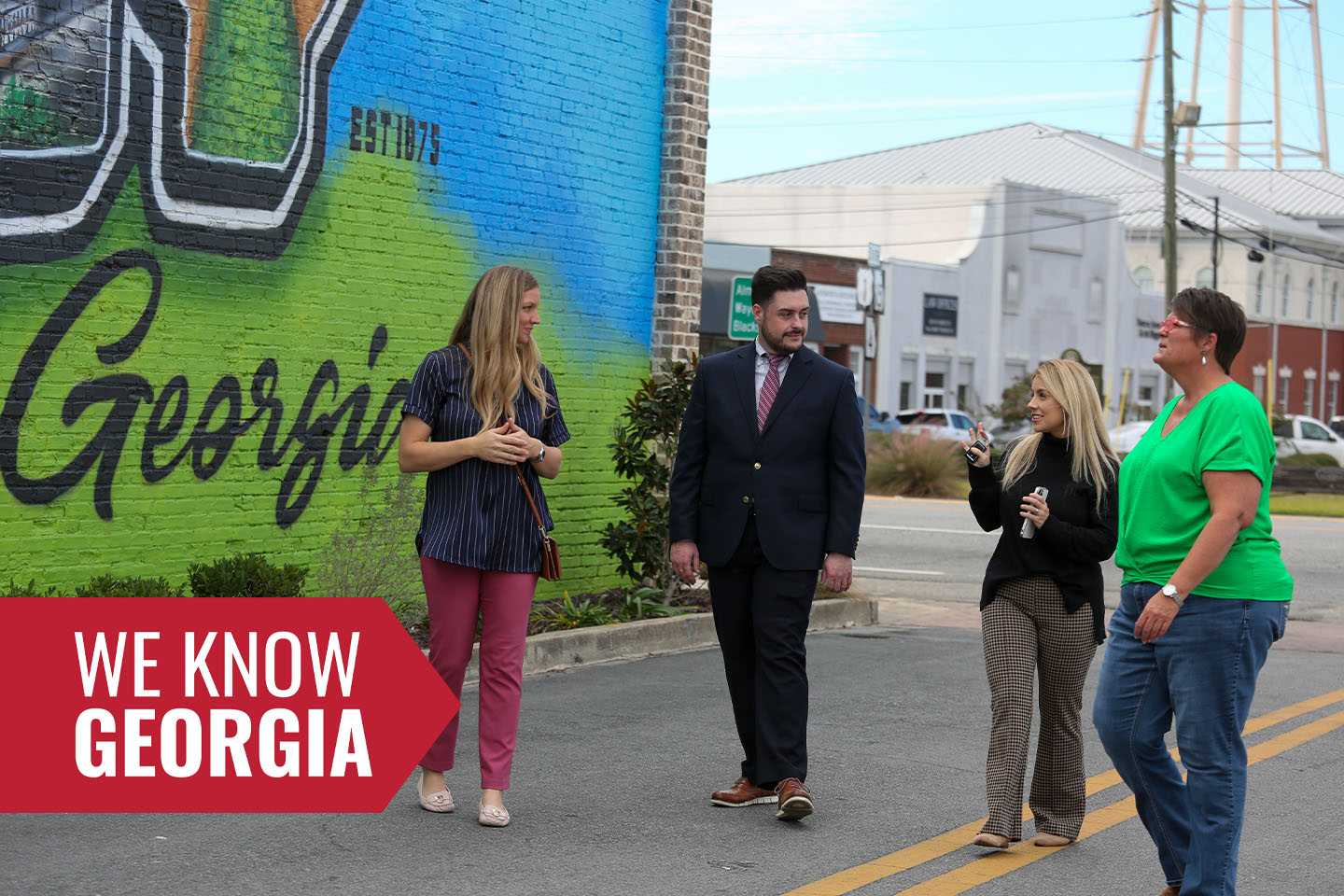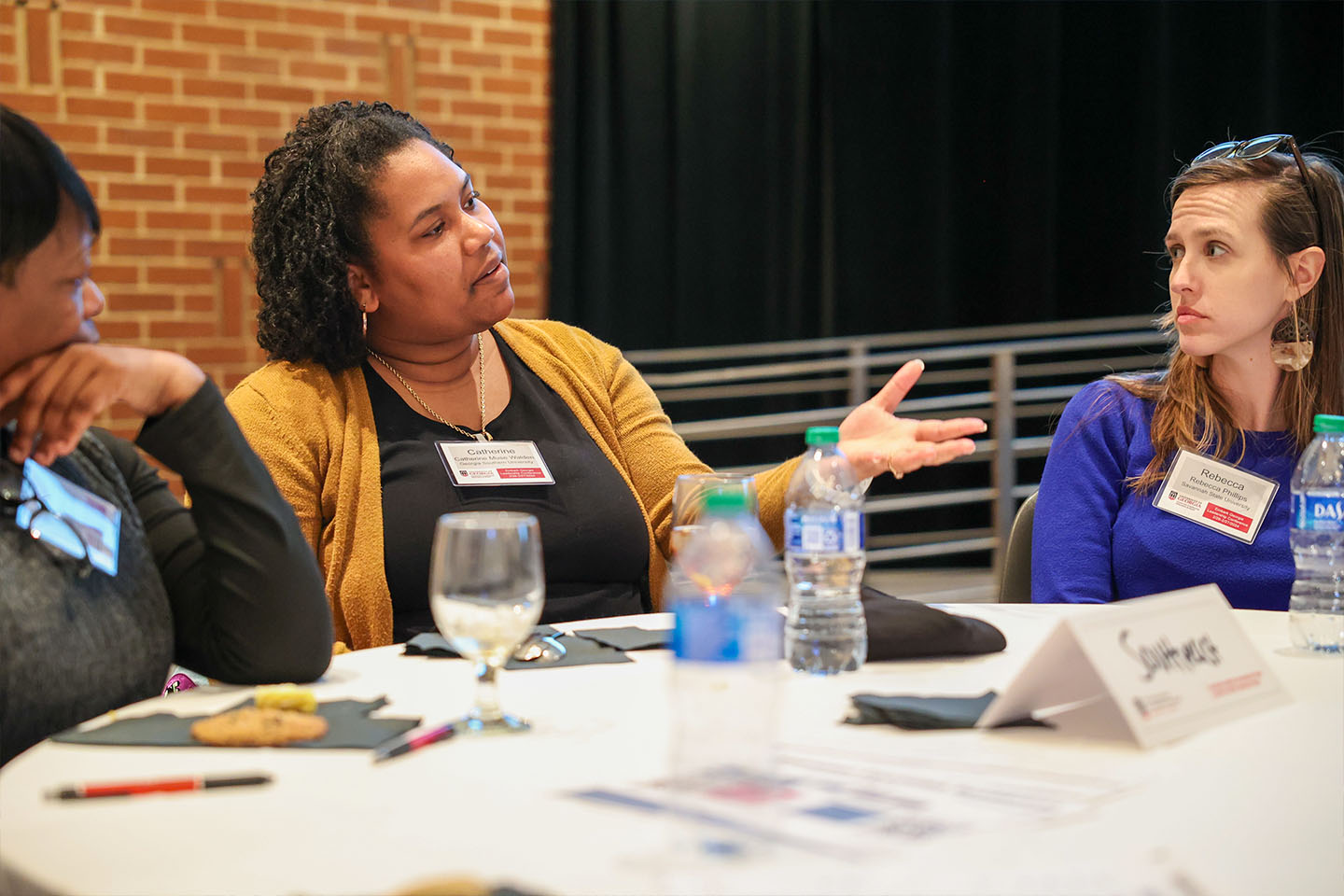Henry Young wants to make the UGA College of Pharmacy a fixture in communities across Georgia.
The Kroger Associate Professor in Community Pharmacy got involved with the Archway Partnership, a unit of Public Service and Outreach, soon after he arrived at UGA in 2013.
Already, the College of Engineering was sending students and faculty into the eight rural communities working with Archway. They were doing “wonderful work,” Young said, and he saw an opportunity to do the same with public health through pharmacy.
As a 2015-16 Public Service and Outreach Faculty Fellow, he began focusing on ways to use his expertise to provide real-world solutions to critical issues facing many Georgians.
“I’m really interested in helping people,” Young said. “I can stay in my box and dictate. However, the approach I like to take is go out and really identify needs that folks have.”
The Pulaski County Archway community had needs that neatly matched Young’s research interests in underserved, rural populations. Like many small hospitals, Taylor Regional Hospital in Hawkinsville was struggling with patient readmissions and the accompanying financial penalties from the federal government.
In collaboration with Taylor Regional Hospital, Young proposed studying what causes patients diagnosed with COPD, pneumonia and congestive heart failure to return to the hospital. The findings could have lasting impacts for rural hospitals across Georgia.
“I thought this was an opportunity to find something of great value to rural hospitals,” said Pulaski Archway Professional Michelle Elliott. “If we can find some solutions, it could be really rewarding not only for us but the hospitals throughout the state.”
Young knew about existing research in urban areas and at major academic medical centers, but this was a chance to develop an action plan customized to rural Georgia. Along with graduate assistant Shada Kanchanasuwan, Young developed a longitudinal study that looks at factors like medication, nutrition and follow-up appointments with doctors. Patients are interviewed in the hospital and then by telephone three times in the first month after their discharge.
“The care that we give the patients here doesn’t end when they go home,” said Melissa Johnson, the hospital’s chief nursing officer. “We want to make sure they have all the necessary equipment or education and that we follow up with them. I think this will be valuable information.”
Young sees Pulaski County as a model for community-based research that involves residents. His pursuit of public service projects like this is one of the reasons a hiring committee plucked him from the University of Wisconsin in 2013. The committee said he wasn’t just a successful classroom professor but he had a strong ability to develop projects like the one in Hawkinsville.
“Working with UGA Public Service and Outreach allows Dr. Young to gain insights into the daily lives and health care needs of people in the state,” said Brad Phillips, the Millikan-Reeve professor and head of clinical and administrative pharmacy in UGA’s College of Pharmacy. “In turn, he shares this information with students and engages them in discussion about root causes of and possible solutions to overcome issues faced by Georgians.”
It’s the reason Archway exists. Without UGA’s help, Taylor Healthcare Group Interim CEO Skip McDannald, Jr. said it would be nearly impossible for small communities to get this kind of insight.
“I think we were fortunate to be an Archway Partnership county,” MacDannald said. “We’re a small county; we’re definitely not a rich county. The only other way you’d get this is to hire consultants to come in and do it. It wouldn’t get done.”




